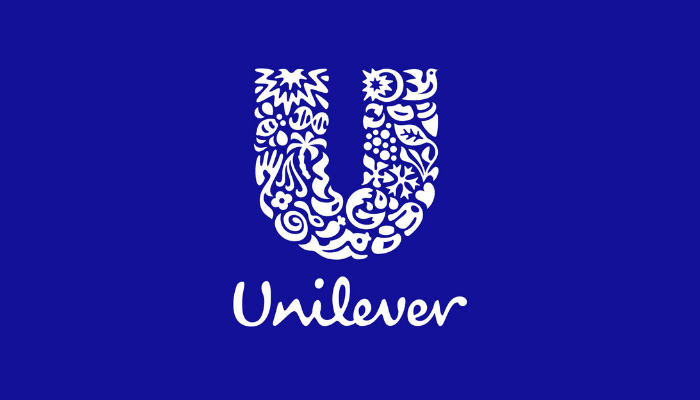By Joseph Ekeng
In a recent development, Unilever’s Chief Executive Officer, Hein Schumacher, has voiced disappointment over the company’s performance as market share witnessed a decline, even though there was a notable surge in sales volumes. The renowned consumer goods conglomerate, known for iconic brands like Magnum ice cream and Dove soap, reported a commendable 7% increase in underlying sales for the twelve months ending in December, aligning with analysts’ predictions.
However, a Financial Times report highlights that Unilever’s market share decreased to 37%, down from 38% in the previous quarter and a significant drop from 48% in the first quarter of the fiscal year. This decline is attributed to consumers’ increasing preference for private-label products, particularly evident in the European market, leading to a notable shift away from Unilever’s offerings.
Despite the market share setback, Unilever experienced a rise in the overall sale of its goods, with sales volumes increasing by 0.2% for the full year. This growth was fueled by robust performances in Unilever’s prestige beauty and health and wellness divisions, marking a 1.8% increase in the fourth quarter. Notably, prices rose by 6.8%, contributing to a nearly 3% increase in shares during morning trading.
Hein Schumacher acknowledged the positive aspects of the results, stating, “Today’s results show an improving financial performance, with the return to volume growth and margins rebuilding.” However, he emphasized the need for improvement in competitiveness and overall performance.
Schumacher addressed concerns about inflation, predicting a return to normal levels between 2.5 and 3% this year, with potential pockets of deflation in regions like south and southeast Asia. He clarified, “We wouldn’t see negative pricing necessarily.”
Unilever’s profitability exhibited a slight increase in 2023, with an underlying operating margin of 16.7% compared to the previous year’s 16.1%. The underlying operating profit rose by 2.6%, reaching €9.9 billion.
Facing challenges, including an investigation by the UK competition watchdog over green claims, tensions with Ben & Jerry’s regarding its political stance on the Israel-Hamas conflict, and scrutiny over operations in Russia, Schumacher outlined plans to overhaul Unilever’s performance. Activist investor Nelson Peltz supports this initiative, focusing on the company’s 30 strongest brands.
In its last trading update, Unilever announced a leadership reshuffle, appointing Fernando Fernandez as the new chief financial officer and introducing new division chiefs in beauty and wellbeing, ice cream, and home care groups.
Regarding Russia, Unilever stated that it had reviewed its position, asserting that “the containment actions we put in place at the beginning of the war minimize our economic contribution to the Russian state.” As of the end of the last year, the company had net assets of about €600 million, including four factories, in Russia.






Comment
No comments found.